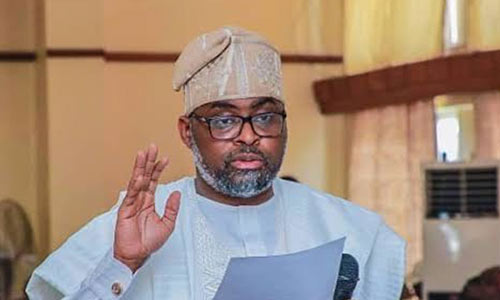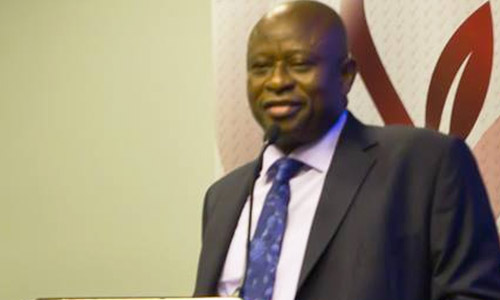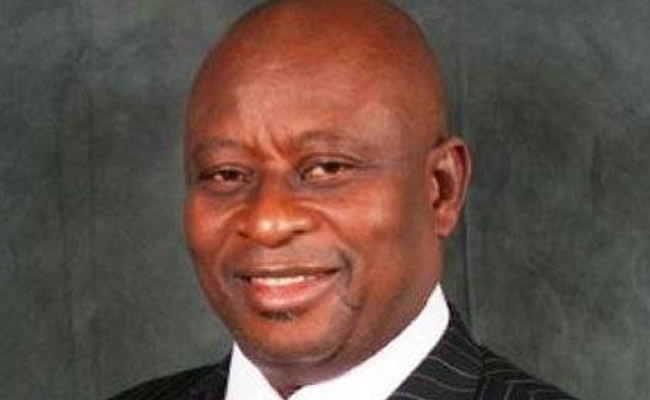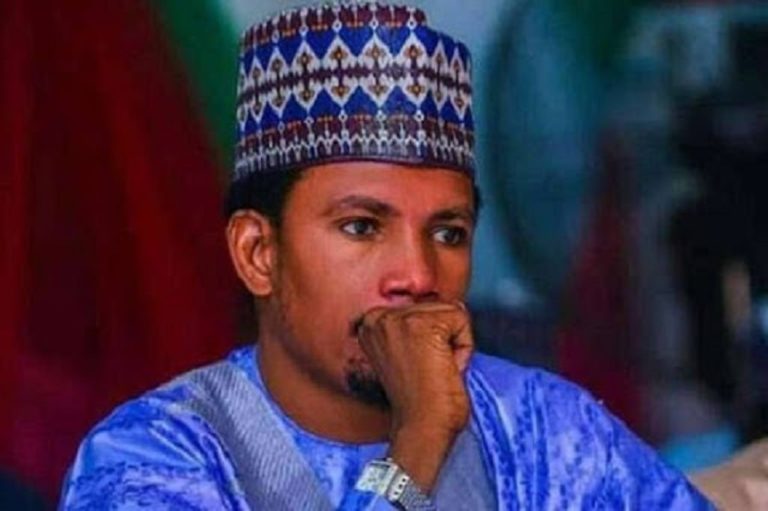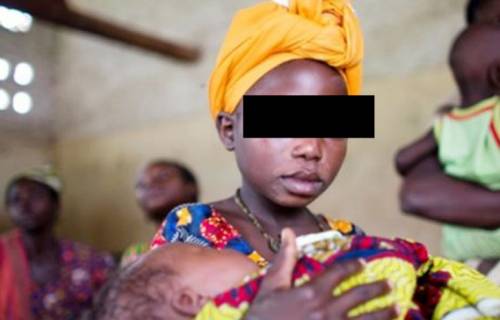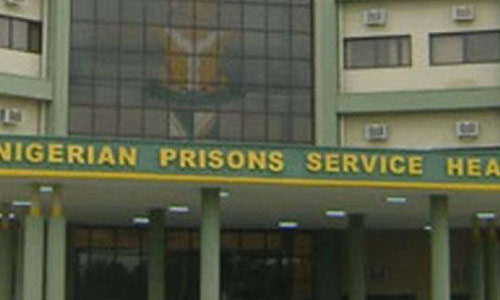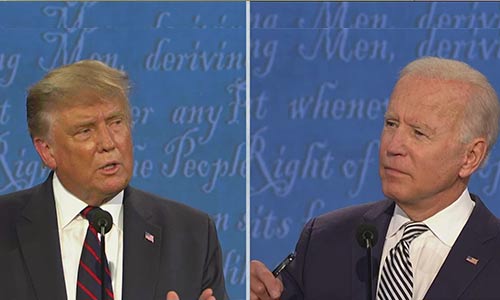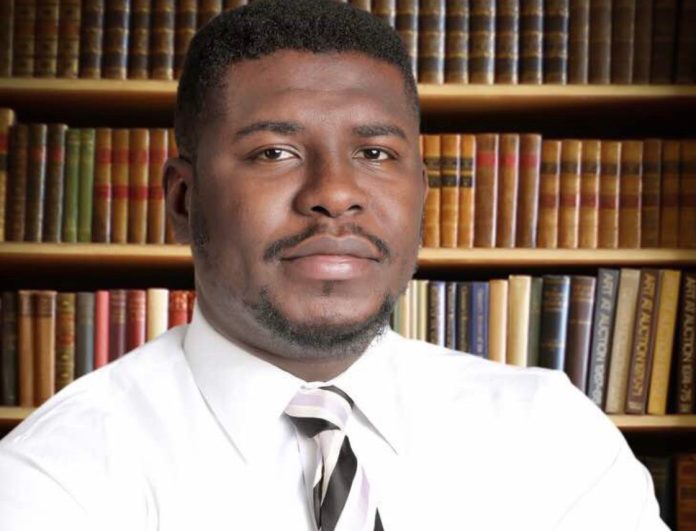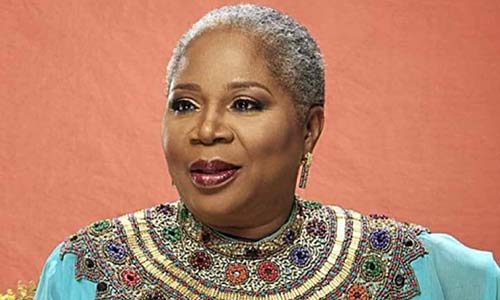Daily Law Tips (Tip 665) by Onyekachi Umah, Esq., LL.M, ACIArb(UK)
Introduction:
Man is naturally selfish and orderless save for legal institutions designed to keep the uncivilised features of man far away from the societies. From Europe to Africa, whenever there is anarchy for few minutes, shops are looted by men and women of all races and violence is dished out by all to all. So, most people are civil, calm and perpetually pretentious because of law and institution of government. Hence, the safety of a nation, business friendliness of a state and reliability of a country depend greatly on legislative innovations and strong institutions. Across Nigeria’s 36 states, there is only one state (Lagos State) that is always ahead of other states, legislatively. Some people argue that Lagos State is equally ahead of Nigeria. Well, this work will examine the legislative speed and innovation of Lagos State government.
Lagos State, Other States, Nigeria and Legislative Pragmatism:
It is no news that Lagos State, although not big in landscape, is the smartest state in Nigeria looking at internally generated revenue, Gross Domestic Product (GDP) and survival opportunities (https://en.wikipedia.org/wiki/List_of_Nigerian_states_by_GDP). Most professionals, artists, artisans and industries, draw inspiration from Lagos State. Lagos State (www.lagosstate.gov.ng) is Nigeria’s most legally regulated and empowered state with very pragmatic and innovative laws. In no particular order, the legislative prowess of Lagos State will be shown below. While Lagos State is ahead of other states, I will leave you to be the judge of comparison between Lagos State and Nigeria.
1. During the COVID-19 lockdown and afterwards, Lagos State remains the first state to have a robust legal playbook for management of COVID-19 (that is, “the Lagos State Infectious Diseases [Emergency Prevention] Regulations 2020”). The Lagos State Governor made the Regulations on 27 March 2020 and days after that, the President of Nigeria made “the COVID-19 Regulations of 2020” on 30 March 2020. Till date, many states even with their higher death rates than that of Lagos State when Lagos State made the Regulations, are yet to make any Regulation.
2. Till date, the federal regulation on COVID-19 (COVID-19 Regulations) does not make provision for the management, transportation, storage and disposal of remains of COVID-19 patients. As a matter of fact, this regulation is very scanty and seems to be a reproduction of the first national address of the President of Nigeria on COVID-19. A lot of issues are left unaddressed, thereby creating room for speculations and mere policy guidelines from the COVID-19 prevention stakeholders including the Nigeria Center for Disease Control (NCDC). By the way, policy guidelines, unlike Regulations have no force of law and are not binding on any person.
3. Nigeria as a country enacted an Administration of Criminal Justice Act in 2015 (popularly known as ACJA 2015) designed to accelerate access to justice. However, eight (8) years earlier, specifically in 2007, Lagos State enacted its mind-blowing Administration of Criminal Justice Law (ACJL), when the entire country was still asleep. By the way, Lagos State amended its ACJL in 2011 (ie., for years later), while many states are yet to have an ACJL and the federal government is yet to commence plan to amend the obvious gaps in ACJA since 2015. Presently, Lagos State has a committee set up on 8 January 2020, working on another amendment to the ACJL to keep the law update with the unique realties of Lagos State.
4. Arbitration is a popular alternative to litigation, litigating (going to court to settle disputes) can be frustrating in Nigeria with no standard timeline for justice. So, Nigerians are now focusing on arbitration (settlement of disputes outside court with the agreement of parties to be bound by the decisions of a third party). The national law for arbitration was made since 1988, following international entanglements of Nigeria. Obviously, the 1988 federal law is in need of amendment and they have been many unsuccessful efforts towards it. Well, in 2009 Lagos State enacted a state Arbitration Law with very innovative tools (like consolidation of arbitral proceedings, joinder of parties, default number of arbitrators is one [1] and there is statutory immunity for arbitrators unless they acted in bad faith). Lagos State is said to be the first.
5. While many states in Nigeria (especially states in Northern Nigeria) are still reluctant to adopt the Child’s Rights Act of 2003, the Lagos State adopted it and in 2012 it became the first state to make a Family Law Rules designed to make adoption, custody, and welfare of children in Lagos State easier.
6. In 2007, Lagos State became the only state to have a legislation (the Protection Against Domestic Violence Law) designed to deter domestic violence and protect victims of domestic violence. It was eight years later in 2015 that the federal government enacted the Violence Against Persons (Prohibition) Act to discourage violence and protect victims. Lagos State is the first state to have a Domestic Sexual and Violence Response Team (DSVRT) https://www.dsvrtlagos.org and the first to house a Sexual Assault Referral Centre (SARC) in Nigeria (http://mirabelcentre.org/about-us/).
7. After Borno State, Lagos State is the second state to have a remote/virtual/online court hearing and determination of cases in May 2020. However, Lagos State is the first state during COVID-19 to have issued a Practise Direction (Lagos State Judiciary’s Remote Hearing of Cases [COVID-19 Pandemic Period] Practise Direction with effect from 4th May 2020. Lagos State is always ahead, legislatively.
Recommendation and Conclusion:
Lagos State has a thinking and working government. Law making, Law enforcement and Law Interpretation is serious business in Lagos State. Arguably, Lagos State laws are pathfinders to national laws. Hence, Lagos State is more regulated than other states in Nigeria. A state will never be better than its laws and institutions. Safe society with fast reliable factors of business (ease of doing business) will attract all categories of investors, businesses and working population. Imagine the rating of Nigeria on the ease of doing business, if all states in Nigeria where like Lagos State.
However, Lagos State is not a legislative heaven. There is still some work to be done. Although Lagos State in 2007 made the Protection Against Domestic Violence Law (designed to offer protection orders to victims of domestic violence), Lagos State is yet to adopt the Violence Against Persons (Prohibition) Act made by the Federal Government in 2015. Many states across Nigeria have adopt the Violence Against Persons (Prohibition) Act, (popularly known as VAPP ACT) because of its innovative features (stricter punishment for rapists, men can be victims of rape, they can be rape between a couple and the definition of rape has expanded). One looks forward to a Lagos State with VAPP law.
My authorities are:
1. Sections 1, 3, 4, 24, 25, 27 and 28 of the Nigeria Center for Disease Control and Prevention (Establishment) Act 2018.
2. Sections 12, 17, 18 and 39 of the Interpretation Act 1964.
3. Provisions of the COVID-19 Regulations 2020.
4. Regulations 1, 2, 3, 4, 5, 7 and 8 of the Lagos State Infectious Diseases (Emergency Prevention) Regulations 2020.
5. The Supreme Court judgment on “Meaning of Regulation” in the case of AG. LAGOS STATE v. EKO HOTELS LTD & ANOR (2006) LPELR-3161(SC)
6. The Court of Appeal judgment on “Meaning of Executive Order/Regulation” in the case of ELEPHANT GROUP PLC v. NATIONAL SECURITY ADVISER & ANOR (2018) LPELR-45528(CA)
7. The Supreme Court judgment on “Policy Documents/Guidance” in the case of COMPTROLLER GENERAL OF CUSTOMS & ORS v. COMPTROLLER ABDULLAHI B. GUSAU (2017) LPELR-42081(SC).
8. The Supreme Court judgment on “Policy Documents/Guidance” in the case of UNION BANK OF NIGERIA PLC & ANOR. v. IFEOLUWA NIG. ENTERPRISES LTD (2007) 7 NWLR (Pt.1032) 71 at 84.
9. “Management and Disposal of COVID-19 Corpses In Nigeria”, Onyekachi Umah (Daily Law Tip [Tip 556], 22 April 2020) accessed 30 September 2020.
10. “LASG Engages Stakeholders on ACJL Amendment”, Jane Echewedo (Vanguard Newspaper, 20 June 2019) accessed 30 September 2020.
11. “Lagos Set To Amend ACJL Over Advisory Committee Recommendations”, Stephen Ubimago (Independent Newspaper, 26 March 2020) accessed 30 September 2020.
12. “Implementation of the Administration of Justice Law in Lagos” Bristish Council (British Council, 13 May 2016) accessed 30 September 2020.
13. “Arbitration in Nigeria”, Funke Adekoya and Ibifubara Berenibara (Lexology) accessed 30 September 2020.
14. “Punishment For Price Increment During COVID-19 Lockdown In Lagos State.” Onyekachi Umah (Daily Law Tips [546]) accessed 30 September 2020.
15. “Can An Offender Be Convicted Under The Lagos State Infectious Diseases Regulations Or Other States’ Regulations”, Onyekachi Umah (Daily Law Tips [Tip 544]) accessed 30 September 2020.
16. “Illegality Of COVID-19 Regulations of 2020 And The Toothless Quarantine Act Of 1926”, Onyekachi Umah (Daily Law Tips [Tip 538]) accessed 30 September 2020.
17. “Top 10 Richest States In Nigeria”, Chizoba Ikenwa (Nigerian Infopedia, 18 September 2019) accessed 30 September 2020.
#SabiLaw
#DailyLawTips
#SabiBusinessLaw
#SabiElectionLaws
#SabiHumanRights
#SabiLawOnBeatFm
#SabiLawLectureSeries
#CriminalJusticeMonday
#SabiLawVideoChallenge
Speak with the writer, ask questions or make inquiries on this topic or any other via [email protected] or [email protected] or +2348037665878. To receive our free Daily Law Tips, follow our Facebook Page:@LearnNigerianLaws, Instagram:
@LearnNigerianLaws and Twitter: @LearnNigeriaLaw
Please share this publication for free till it gets to those that need it most. Save a Nigerian today! NOTE: Sharing, modifying or publishing this publication without giving credit to Onyekachi Umah, Esq. and “LearnNigerianLaws.com” is a criminal breach of copyright and will be prosecuted.
This publication is the writer’s view not a legal advice and does not create any form of relationship. You may reach the writer for more information.
Powered by www.LearnNigerianLaws.com {A Free Law Awareness Program of Sabi Law Foundation, supported by the law firm of Bezaleel Chambers International (BCI).}

